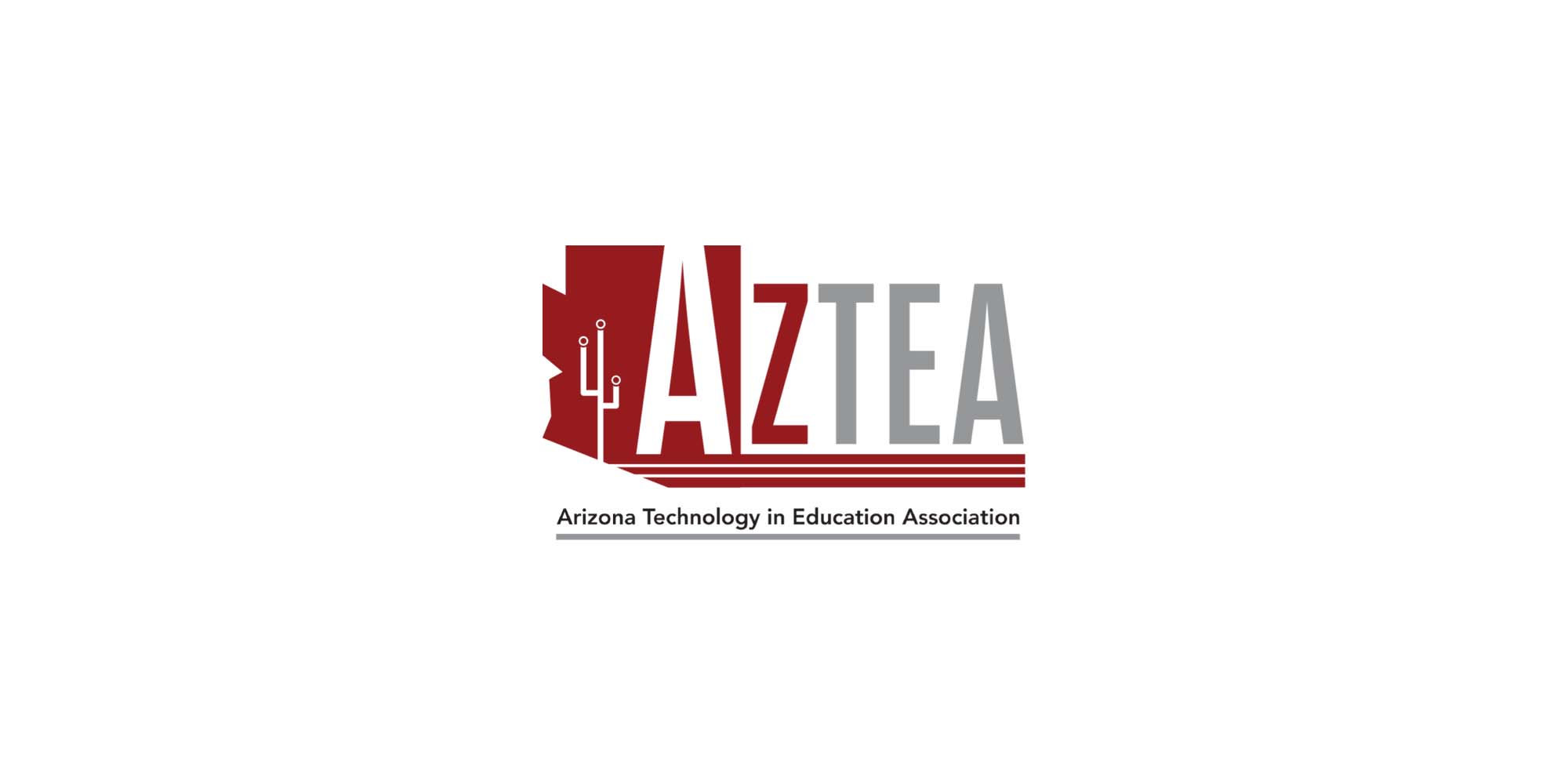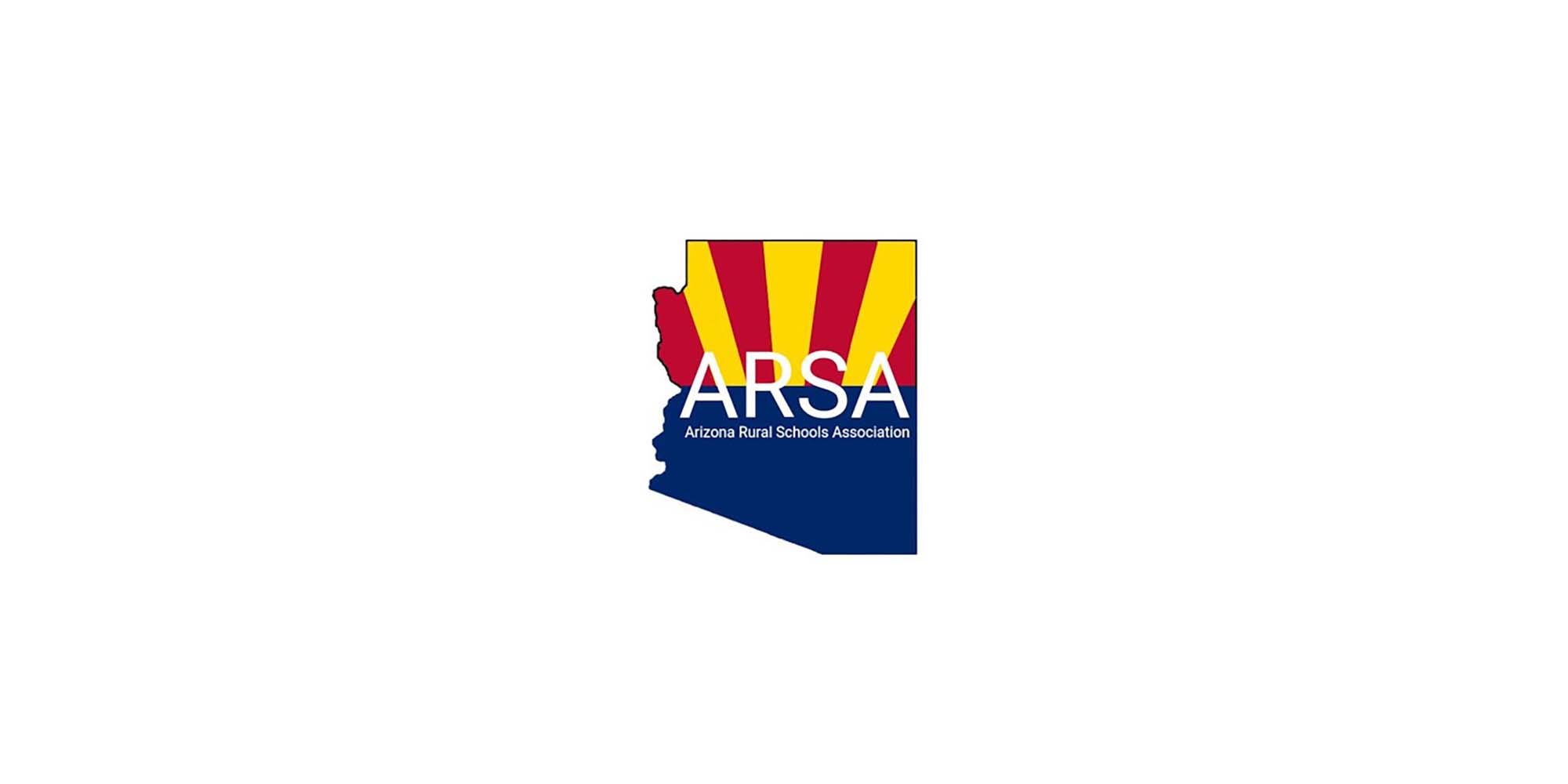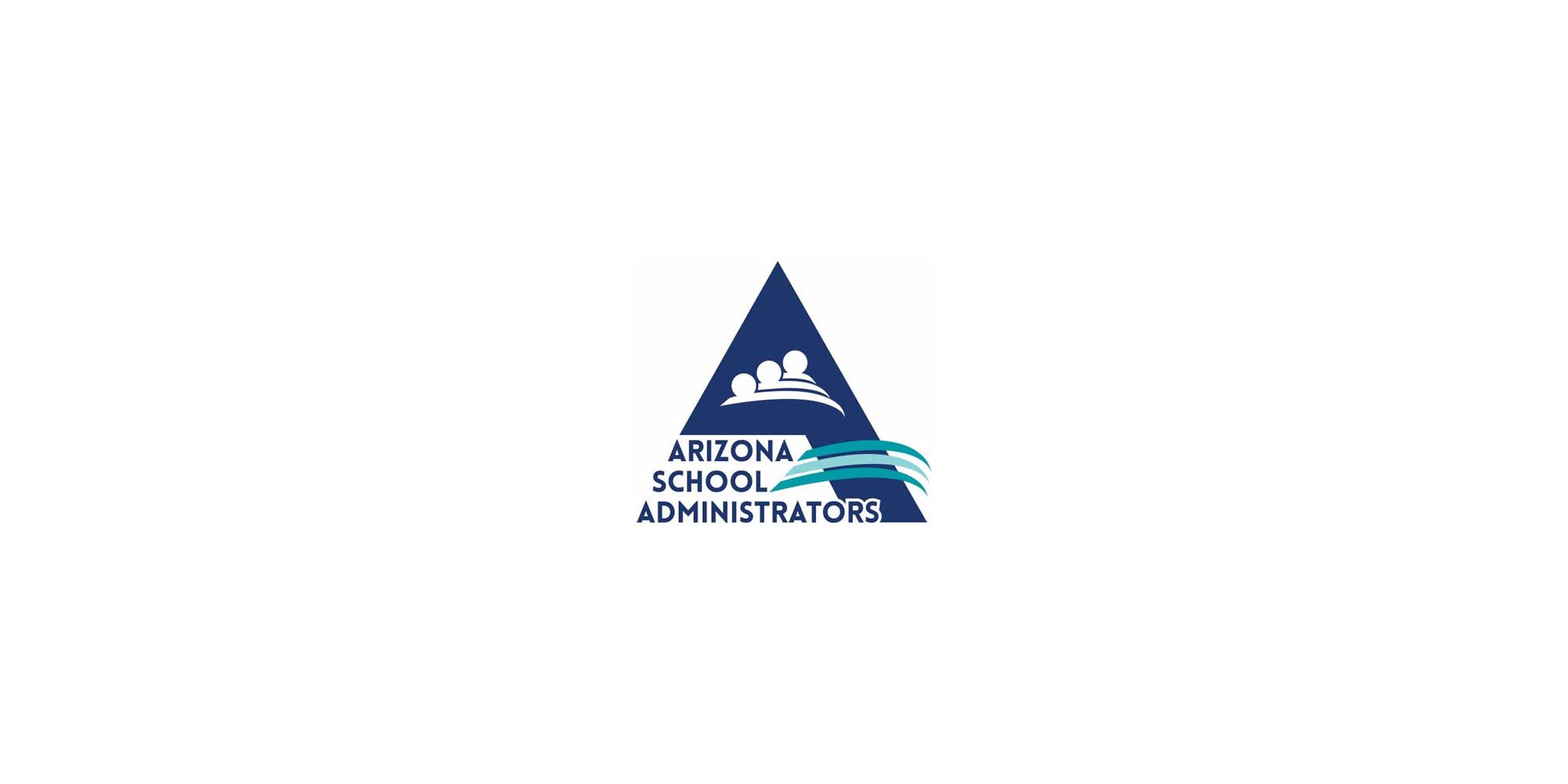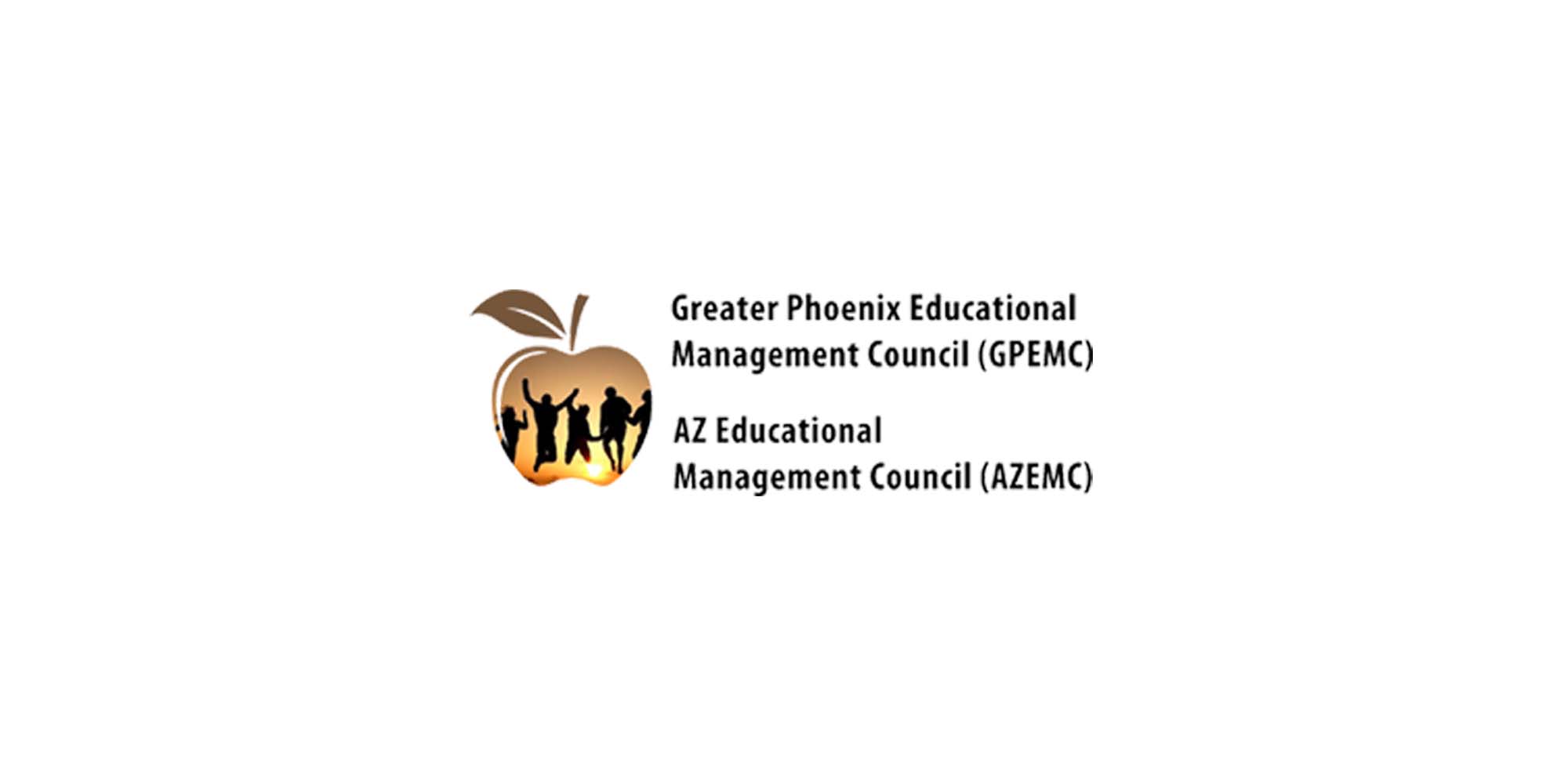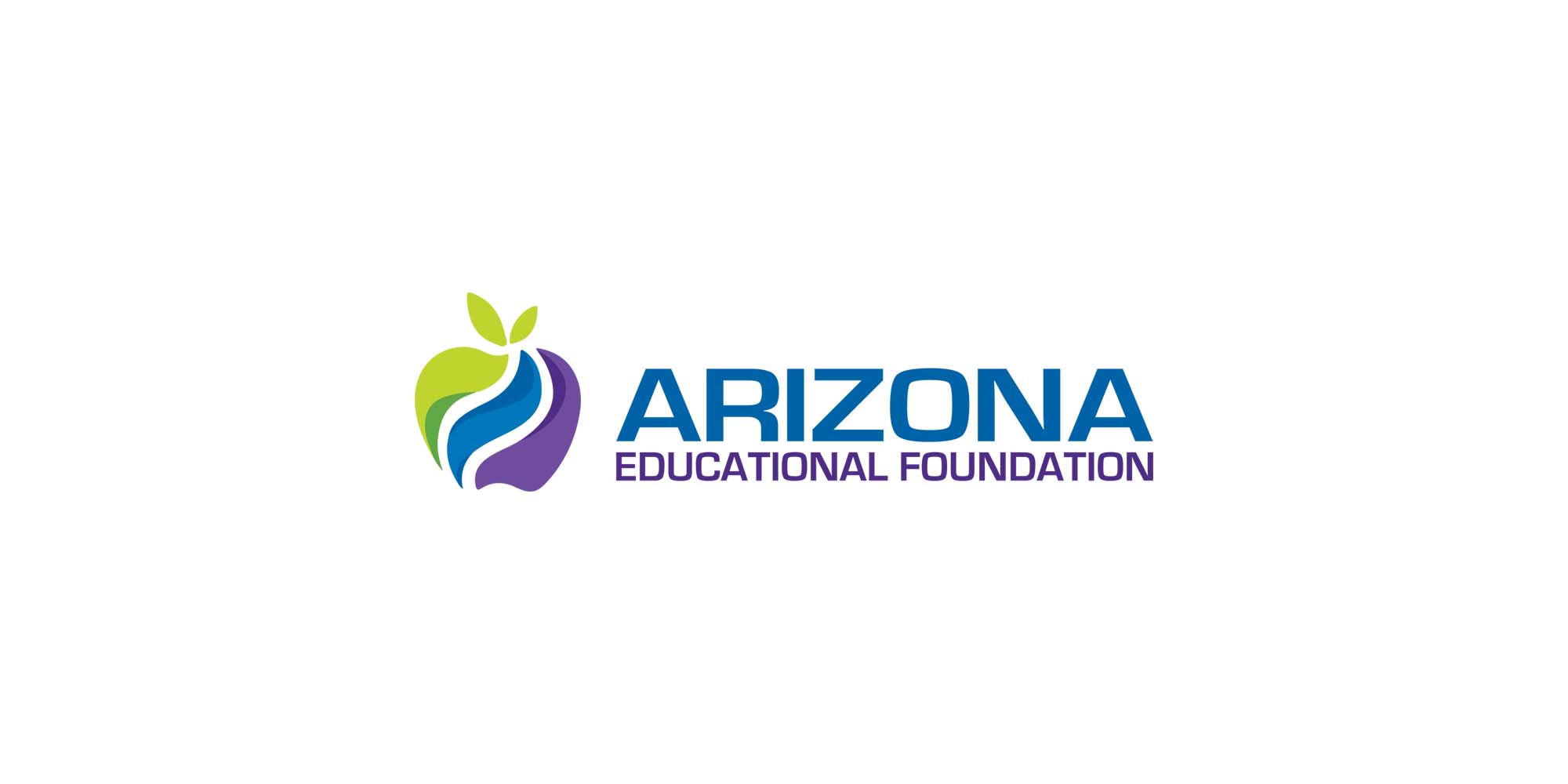AI Guidance for Arizona Schools
On behalf of the Arizona Institute for Education and the Economy and Northern Arizona University, we present Arizona’s official Gen AI Guidance for K-12 schools and school systems.
This guidance document is designed to give Arizona schools and school systems direction as well as a common language as we collectively pursue effective and responsible implementation of Gen AI.
What if I am ready to start to think more deeply about implementation?
The Institute has partnered with Agua Fria Union High School District (AFUHSD) to offer additional support for schools and school systems who are ready to implement GenAI. The online “Playbook” offers ground level strategies, practical examples, and essential resources aligned with the Guidelines document.
Learn more about the AZ AI Alliance, a collective of education organizations committed to the responsible, ethical, and effective implementation of AI in Arizona’s K-12 schools.
Frequently asked questions
An incredibly committed and talented group of Arizona educators and educational technology specialists served on the core team that shaped the guidance and served as the document’s the primary authors. The effort was led by LeeAnn Lindsey, the Institute’s director of edtech and innovation.
Luke Allpress M.Ed., Director of Innovative Solutions, Agua Fria Union High School District
Michelle Coots M.Ed., Manager of Instructional Technology, Deer Valley Unified School District
Alecia Henderson, Computer Science and Educational Technology Specialist, Arizona Department of Education
LeeAnn Lindsey, Director of EdTech and Innovation, AZ Institute for Education and the Economy, Northern Arizona University
Rachna Mathur, Sr. STEM Strategist, ASU Preparatory Academy
Roxi Thompson, Lead Instructional Technology Coach, Peoria Unified School District
Kristin Turner, Superintendent, Paloma Elementary School District
In order to ensure that this document was timely, accurate, and useful, a large group of Arizona and national reviewers reviewed and provided feedback that shaped the content of this document. This dedicated group of reviewers represents a wide variety of stakeholders.
Arizona Reviewers
Steve Burrell, Vice President for IT and Chief Information Officer, Northern Arizona University
Kevin Davis, Superintendent/Business Manager, Willcox Unified School District
Yassin Fahmy, Senior Statistical Analyst, Arizona Department of Education
Curtis Finch, Superintendent, Deer Valley Unified School District
Abigail Fraser, Farmer, Everkrisp Vegetables Inc. and K-12 Parent
Andrew Fraser Ph.D., District Engineer, Maricopa Water District and K-12 Parent
Emily Marshall, Assistant Director of Education Technology, Vail School District
Tara Menghini, K-6 Educational Technology Teacher, Knox Gifted Academy
Alistair Mountz, Instructional Coach, Casa Grande Union High School District
Robert Pappalardo, Superintendent, Apache Junction Unified School District
Amanda Patrie, Executive Vice President, Chief Academic Officer, Arizona Charter Schools Association
Jonathan Perrone M.A., teachSTEM Program Coordinator, Arizona Educational Foundation
Sean E. Rickert, Superintendent, Pima Unified School District
Nichole Sietsema, Student Records, Data Supervisor, AZ Student Data Privacy Alliance Manager, Mesa Public Schools
Tara Maria Suggs, Instructional Technology Integration Coordinator, Tolleson Union High School District
Paul Tighe, Executive Director, Arizona School Administrators
Samantha Thompson M.Ed., Administrator for Leadership and Accountability, Student Choice High School
Michelle Watt, Chief Systems Officer, Scottsdale Unified School District
National Reviewers
Helen Crompton, Professor of Instructional Technology, Old Dominion University
Adam Garry, President, StrategicEDU Consulting
Stacy Hawthorne, Chief Academic Officer at Learn21 and member CoSN Board of Directors
As schools and districts around Arizona grapple with AI and make plans to address it, this guidance can help provide direction. The document contains classroom and administrative use cases that can serve as a “north star,” information about important ethical considerations that leaders must address, and implementation recommendations that involve all stakeholders.
AI challenge
Learn the do’s-and-don’t of AI tools, train teachers and staff about what to avoid, and help communicate AI use by completing the AI challenge! Complete three “AI must dos” within the first three months of the 2024 school year.
Learn more about the Artificial Intelligence ChallengeInquiries and contact information
The guidance document is a first version that reflects the time period in which it was written (spring 2024). The document will evolve – likely with small revisions and also more substantive updates as this technology and its implementation in K-12 education unfolds.
For more information about this document and what’s next, please send all inquiries to azaiguidance@nau.edu
We are thankful for the support of AZ organizations
“If we are wise with usage and implementation of AI, we will embark upon a new kind of intelligence – a collective intelligence. A profession – and quite possibly a society – where we harness the best of human intelligence and also leverage the efficiencies and generative power of artificial intelligence to create a collective intelligence. An intelligence smart enough to close achievement and opportunity gaps, address the educator workforce crisis, and ultimately reimagine and redesign our educational system into the one that both our students and educators need and deserve.”

